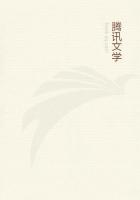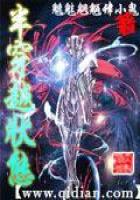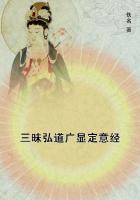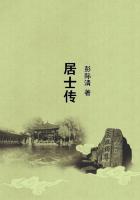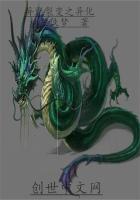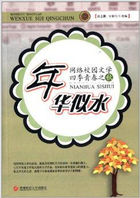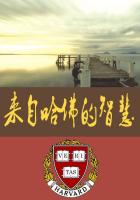This experience gave Bell an expert knowledge of phonetics that laid the foundation for his life work.His invention, indeed, is clearly associated with his attempts to make the deaf and dumb talk.He was driven to America by ill-health, coming first to Canada, and in 1871 he settled in Boston, where he accepted a position in Boston University to introduce his system of teaching deaf-mutes.He opened a school of "Vocal Physiology," and his success in his chosen field brought him into association with the people who afterward played an important part in the development of the telephone.Not a single element of romance was lacking in Bell's experience; his great invention even involved the love story of his life.Two influential citizens of Boston, Thomas Sanders and Gardiner G.Hubbard, had daughters who were deaf and dumb, and both engaged Bell's services as teacher.Bell lived in Sanders's home for a considerable period, dividing his time between teaching his little pupil how to talk and puttering away at a proposed invention which he called a "harmonic telegraph."Both Sanders and Hubbard had become greatly interested in this contrivance and backed Bell financially while he worked.It was Bell's idea that, by a system of tuning different telegraphic receivers to different pitches, several telegraphic messages could be sent simultaneously over the same wire.The idea was not original with Bell, although he supposed that it was and was entirely unaware that, at the particular moment when he started work, about twenty other inventors were struggling with the same problem.It was one of these other twenty experimenters, Elisha Gray, who ultimately perfected this instrument.Bell's researches have an interest only in that they taught him much about sound transmission and other kindred subjects and so paved the way for his great conception.One day Hubbard and Sanders learned that Bell had abandoned his "harmonic telegraph" and was experimenting with an entirely new idea.This was the possibility of transmitting the human voice over an electric wire.While working in Sanders's basement, Bell had obtained from a doctor a dead man's ear, and it is said that while he was minutely studying and analyzing this gruesome object, the idea of the telephone first burst upon his mind.For years Bell had been engaged in a task that seemed hopeless to most men--that of making deaf-mutes talk.
"If I can make a deaf-mute talk, I can make iron talk," he declared."If I could make a current of electricity vary in intensity as the air varies in density," he said at another time, "I could transmit sound telegraphically." Many others, of course, had dreamed of inventing such an instrument.The story of the telephone concerns many men who preceded Bell, one of whom, Philip Reis, produced, in 1861, a mechanism that could send a few discordant sounds, though not the human voice, over an electric wire.Reis seemed to have based his work upon an article published in "The American Journal of Science" by Dr.C.G.Page, of Salem, Mass., in 1837, in which he called attention to the sound given out by an electric magnet when the circuit is opened or closed.The work of these experimenters involves too many technicalities for discussion in this place.The important facts are that they all involved different principles from those worked out by Bell and that none of them ever attained any practical importance.Reis, in particular, never grasped the essential principles that ultimately made the telephone a reality.His work occupies a place in telephone history only because certain financial interests, many years after his death, brought it to light in an attempt to discredit Bell's claim to priority as the inventor.An investigator who seems to have grasped more clearly the basic idea was the distinguished American inventor Elisha Gray, already mentioned as the man who had succeeded in perfecting the "harmonic telegraph." On February 14, 1876, Gray filed a caveat in the United States Patent Office, setting forth pretty accurately the conception of the electric telephone.The tragedy in Gray's work consists in the fact that, two hours before his caveat had been put in, Bell had filed his application for a patent on the completed instrument.

